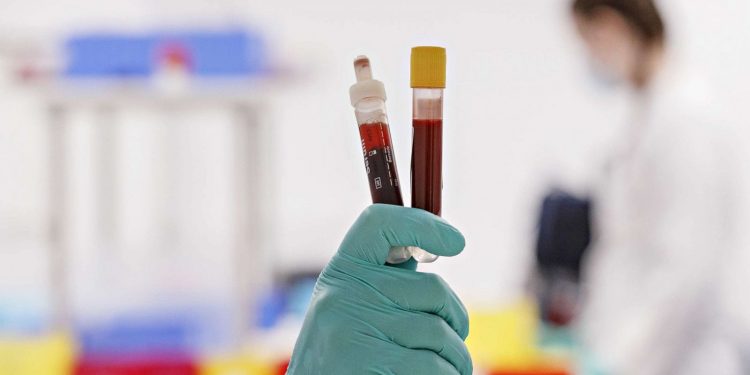A monoclonal antibody “cocktail” developed at Vanderbilt University Medical Centre (VUMC) in the US to neutralise the COVID-19 virus is effective against all known strains, or variants, of the virus, including those detected in the UK and Brazil, said a new study.
Monoclonal antibodies are laboratory-produced molecules engineered to serve as substitute antibodies, according to the Mayo Clinic.
The utility of monoclonal antibodies came into focus amid the pandemic after former US President Donald Trump was given such a treatment following his diagnosis with COVID-19.
In new cell-culture studies, researchers determined the ability of monoclonal antibodies as well as antibodies isolated from the “convalescent plasma” of previously infected people to neutralise highly transmissible variants of the SARS-CoV-2 virus that have arisen in the UK, South Africa, Brazil and elsewhere.
In general, most of the monoclonal antibodies that have been developed to combat COVID-19 showed “diminished neutralising potency.”
However, several other highly neutralising monoclonal antibody cocktails, including those developed at VUMC, showed intact or only mildly diminished activity against the variants tested, possibly because they target sites on the spike protein other than the highly mutable E484K residue.
The study, published in the journal Nature Medicine, indicated substantially reduced neutralization of variants viruses containing this E484K mutation by antibodies in the sera of both previously infected and COVID-19 vaccinated individuals.
“This study highlights the importance of rationally designed antibody cocktails like those we developed,” said James Crowe, Director of the Vanderbilt Vaccine Center (VVC).
“We chose two antibodies to create a mixture that specifically would resist escape by SARS-CoV-2,” Crowe said.
“Fortunately, this work and several other papers recently published show that the protection mediated by the antibodies we discovered that are now in six different phase 3 clinical trials should extend to all current variants of concern.”
IANS






































